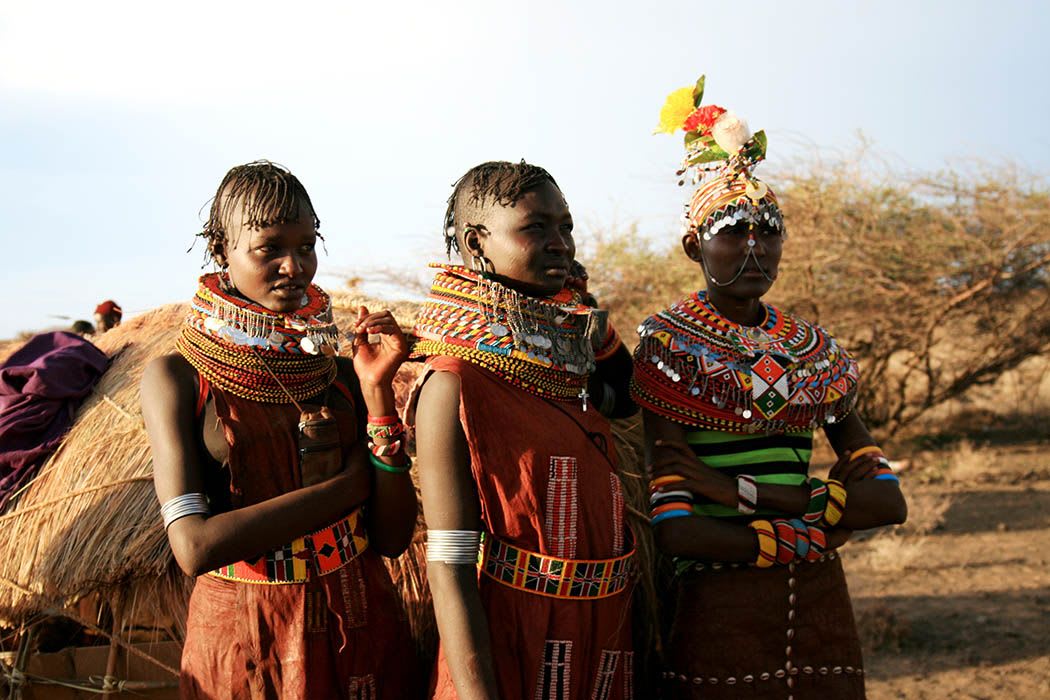Inheritance is a practice that is deeply ingrained in many cultures around the world, including African cultures. In Africa, inheritance is more than just passing down material wealth; it is a complex and multifaceted tradition that includes passing down cultural knowledge, spiritual beliefs, and social norms from one generation to the next.
To gain a better understanding of how inheritance is executed in African culture, we had the pleasure of interviewing Dr. Oluwaseun Afolabi, a cultural anthropologist specializing in African studies.
“Inheritance in African culture is not just about wealth, but it includes everything that is considered valuable to a particular community. It is a means of preserving culture and passing it on from one generation to the next. It is a way of ensuring that the knowledge, customs, and values of a particular group of people are preserved and protected,” he shared.
Inheritance in African culture varies from one community to another, but there are some commonalities. Typically, inheritance is passed down from the father to the son. However, in some communities, inheritance can be passed down to the daughter or other relatives. The inheritance can include land, houses, livestock and other material possessions.
According to Thobo Motsei, a farmer in Kenya, “In the olden days there was no such things as wills and so when someone passed on, an uncle was appointed to oversee the division of property, in the presence of elders – particularly if it was the head of the house who passed on. The property was usually handed over to the boy child, the oldest one, should there be no son to inherit the property, the same uncle is appointed guardian of the property. It was taboo for a woman to be executioner or recipient of property, regardless of her relationship to the deceased.”
In some communities there are spiritual beliefs attached to inheritance in African culture. Many African cultures believe that the ancestors play a role in the inheritance process. The ancestors are believed to guide and protect the family members who are still living, and they are also believed to have a say in who inherits what. Furthermore, inheritance can also be used to pass on cultural knowledge and traditions from one generation to the next. For example, a father may pass down his knowledge of farming techniques to his son, who will then pass it down to his own children. In this way, the knowledge and traditions of a particular community are preserved and protected.
Tavanda Timara, a lecturer in Zimbabwe shared the following, “In the past, property could never be distributed by anyone without the presence of uncles and elders in the family. Today people have signed wills that make the process easier and now even women, if they are married can take over and further have a say in the process – and disburse the funds too! Before such was unheard-off, unfortunately our culture viewed women and the girl child as far too tender and ‘weak’ to be involved in such matters, even when they directly affected them too. Thankfully, we have moved past such.”
One of the biggest challenges associated with inheritance in the African culture is the issue of gender inequality. In many African cultures, inheritance is passed down from the father to the son, and daughters are often excluded from the inheritance process. This can perpetuate gender inequality and limit opportunities for women. These challenges, however, can be addressed through education and advocacy. It is important to educate people about the importance of gender equality and how it can benefit society as a whole. Advocacy efforts can help to raise awareness about the need for more inclusive inheritance practices that promote gender equality.
Inheritance in African culture is a complex and multifaceted tradition that includes passing down cultural knowledge, spiritual beliefs, and social norms from one generation to the next. While there are challenges associated with inheritance in African culture, there are also opportunities for education and advocacy to promote more inclusive inheritance practices that benefit everyone in society.
Leave a Comment
Sign in or become a Africa Rebirth member to join the conversation.
Just enter your email below to get a log in link.


Related News
How Ancient Mombasa Became the Gateway of African Commerce
May 31, 2025
Poro and Sande: The Secret Societies of West Africa
Apr 30, 2025
What can we Learn from Great African Warriors?
Jul 20, 2023